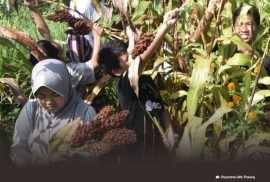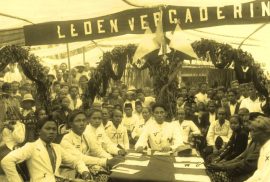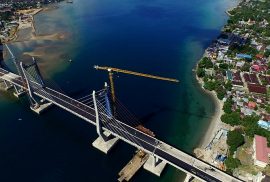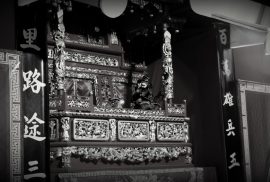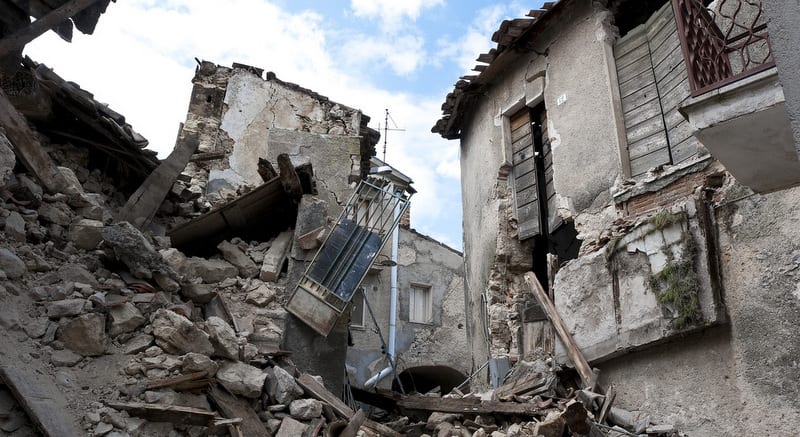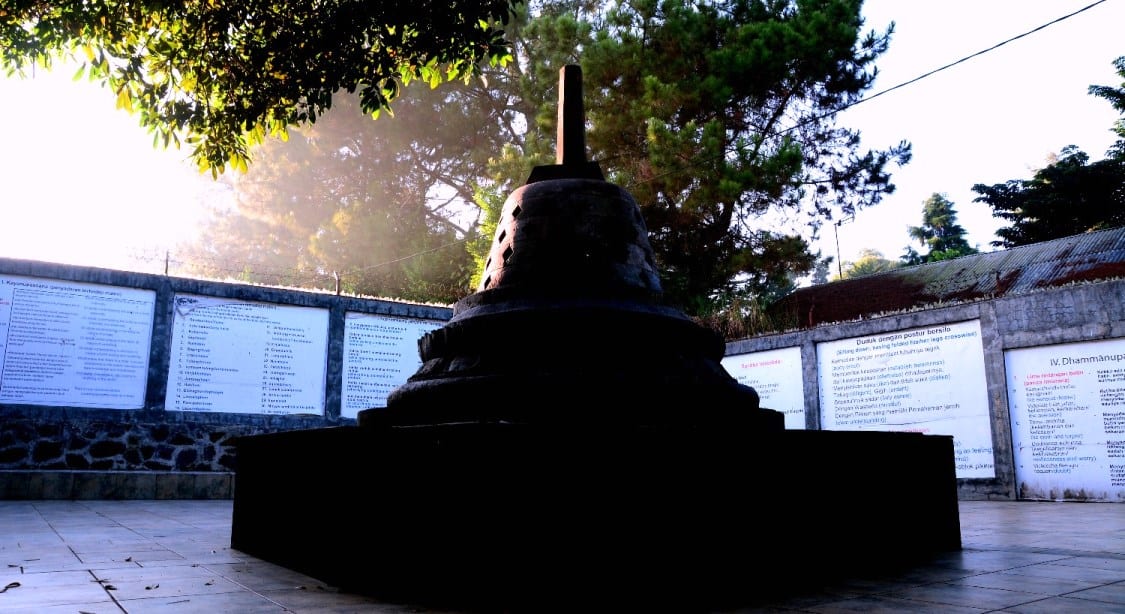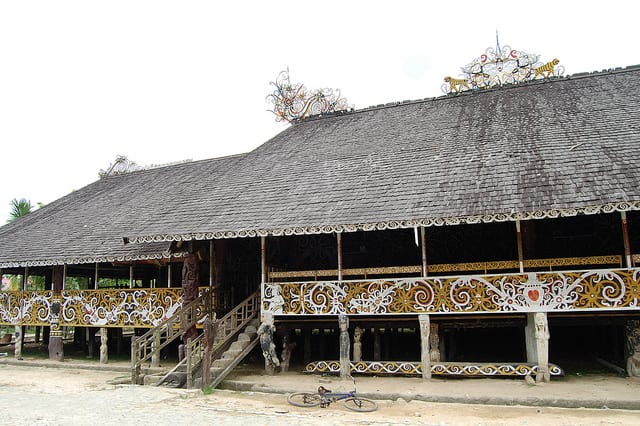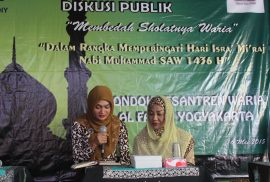Meminimalkan Residu dengan Manajemen Satu Pintu
Chusnul C – 27 Juni 2023
Alih-alih mendapat kesejahteraan lebih, keberadaan pariwisata di kawasan adat Ammatoa Kajang menimbulkan masalah baru yang tak kalah pelik, dari rusaknya lingkungan hingga segregasi kelompok. Lantas apa yang bisa dilakukan?
Selepas Reformasi, masyarakat adat Ammatoa Kajang di Kabupaten Bulukumba mendapat pengakuan secara legal dari Pemerintah. Pengakuan tersebut tidak hanya mencakup eksistensi identitas, tetapi juga hak-hak mereka sebagai kelompok masyarakat adat, salah satunya hutan adat sekira 313.99 ha. Meskipun demikian, masyarakat adat Ammatoa belum merasakan dampak signifikan atas pengakuan tersebut, khususnya dari segi ekonomi.


